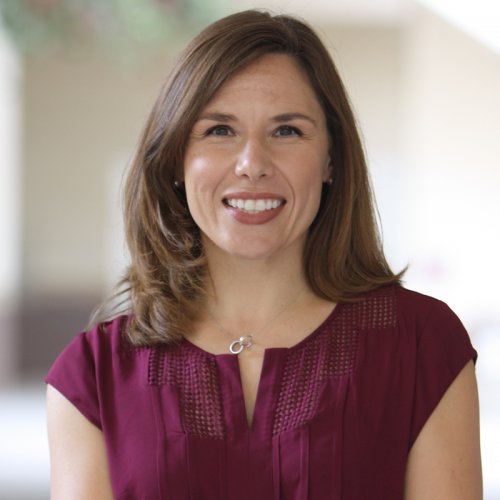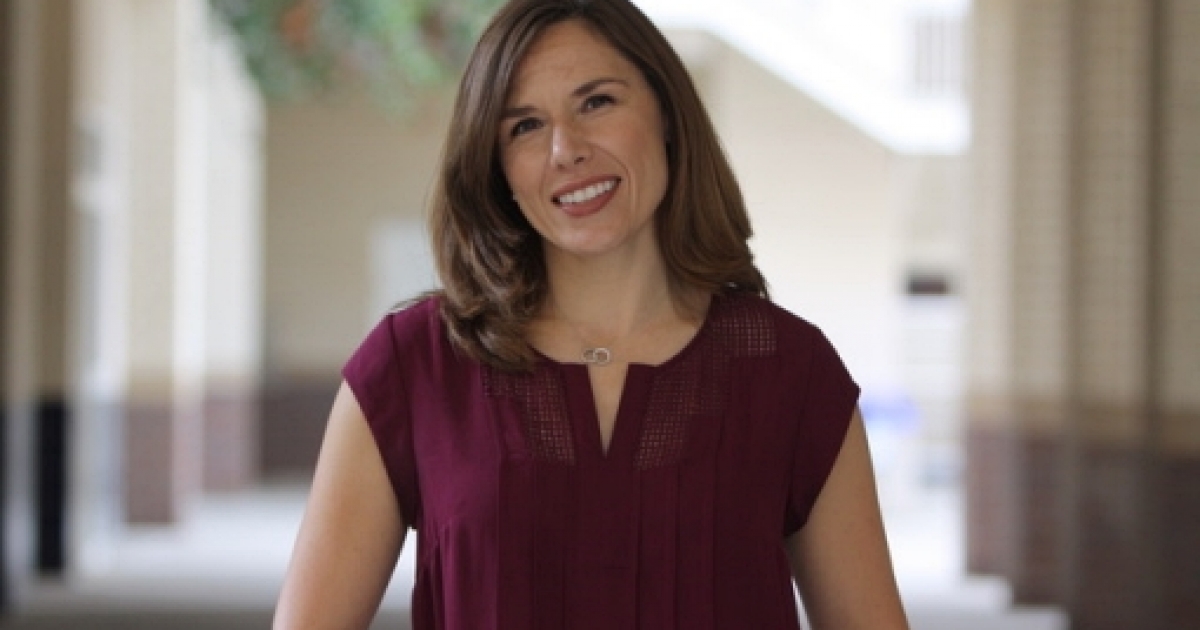“Patience Is an Important Leadership Skill”
Q: What industry are you in, and why did you pick to do what you do?
A: Growing up poor in a rural area, I was always fascinated by how the “rules” of social life varied so enormously across time and place. Magazines like National Geographic and books based in other times and places at my local library provided a window into other worlds and ways of living.
Though I couldn’t have imagined it then, this curiosity would lead me toward a career as a professor of Sociology. In particular, working for a research university (the University of California, Irvine) gives me the chance to study differences and inequalities in societies all over the world. Recently it led to a collaboration with international colleagues to establish a theoretical grounded approach to analyzing women’s political empowerment globally. Working in academia gives me constant opportunities for teaching, mentorship, discovery, and collaboration. It’s incredibly fulfilling.
Q: How did you learn to embrace risk-taking?
A: I would view my path as an outcome of long term risk-taking. It started with the decision to major in Sociology – rather than a more ‘practical’ field, and then with my advisor’s encouragement, embark on a path toward my PhD. Gearing myself toward an academic career, I didn’t realize the difficulties of securing a stable position or the arduousness of the path to tenure. I followed my passion for what I was doing and sought out mentors who could help equip me for the battles ahead. To embrace risk-taking I’ve had to define my goals on my own terms; choosing risks I deem worthwhile and not those I assume others expect of me. If I succeed, I take personal pride in my accomplishments, and if I fail, it is an opportunity to learn about my goals and strategies.
Q: Did you have a mentor in life? If yes, what did you learn from him/her? If not, what do you feel you missed out on?
A: I gratefully celebrate the many mentors I have had (and continue to have) in career. In my experience, a network of mentorship and support is the most crucial variable in my success. In high school, I had a variety of teachers who invested in my with their time and energy and helped me develop confidence in my abilities. As a college student, my honours advisor encouraged me to apply to graduate school, and without his insistence and assistance, I would not be a professor today. I chose my graduate program because I could tell that I would receive high quality mentoring there, and it definitely helped me achieve much more than I would have thought possible. My own hard work and intelligence matter of course, but many smart people who work hard are unfortunately overlooked and not given the opportunities they deserve. This inequity is exacerbated by race, gender, class, and nationality. Because talent and ability are widely distributed in our world, we must all do what we can to dismantle barriers that stifle that talent and ability.
"We must all do what we can to dismantle barriers that stifle talent and ability"
Q: Was there a time you messed up and felt like you’d failed? How did you bounce back?
A: About 10 years ago I applied for a job and was flown out to give a presentation on my research and meet with potential colleagues. The presentation wasn’t well received and I had a difficult time connecting with some of the key people. Perhaps not surprisingly I wasn’t offered the job. It was a blow to self-esteem, but also gave me the opportunity to evaluate what went wrong and how I wanted to view this in light of my goals. I bounced back by re-investing my work in the job I had and taking more control of creating the environment I wanted in the place I remained. I also learned more about accepting that not everyone was going to like my work, but that I had to believe in myself and not be (overly) dependent on external validation.
Q: What part of the world do you live in and what is the thing that you love the most about it - and the thing that you would correct if you could?
A: Living in one of the wealthiest parts of the US – Orange County, California – I, of course, love the beautiful weather and working for a world-class university devoted to the pursuit of knowledge that sheds light on the most pressing issues of our day (“Fiat Lux”). This is a region that also attracts a diverse international population, which literally opens up a world of possibilities – from things like cuisine and cultural festivals to insights about global business models and knowledge networks. Yet, in the midst of all this, we see the homelessness population increasing, students who face food insecurity, and communities that experience violence daily. Working to share the benefits of prosperity more equitably is an area I hope to see our region progress within.
Q: Which leadership skills were the most difficult to develop?
A: Patience is an important leadership skill and one that is difficult for me practice. Many qualities that I view as leadership strengths related to goal-setting and achievement can lead to unrealistic expectations about cross-sector cooperation and team capacities. Slowing down and thinking about the most realistic and sustainable paths to long-term success often takes patience. It may feel like inaction, but the patient approach can allow all parties to communicate and anticipate roadblocks that could undermine the goals at hand.
Q: What is your motto in life? -What is one thing that impressed you in your mentee?
A: One of my favorite quotes that hangs above my computer is “Find the good, and praise it” by Alex Haley, the author of Roots. Certainly, we face a world with daunting challenges and it can be difficult to find ways to intervene.
In my mentoring and leadership roles, however, this phrase helps remind me to stay positive and be a force for lifting those up around me. Working with my mentee in ‘Telemachus’ was a good reminder of all the wonderful young women and men out there like her, who are full of energy, intelligence, and focus. This gives me hope and sustains me to continue in my efforts.

Catherine Bolzendahl
Director, School of Public Policy, Oregon State University
Catherine Bolzendahl is an Associate Professor of Sociology and the Equity Advisor for the School of Social Sciences at the University of California, Irvine.
Dr Bolzendahl received her BA from the University of Notre Dame as a first-generation college student and went on to receive her PhD from Indiana University, Bloomington. Her research as quantitative political sociologist focusing primarily on gender from a cross-national perspective, contributes to a deeper understanding of gendered political change cross-nationally and over time. Drawing from expertise in politics and gender she engages in international collaborations that analyze political inequality in multi-faceted ways. Dr Bolzendahl recently co-edited and contributed to book on women’s political empowerment (Measuring Women’s Political Empowerment across the Globe; Palgrave) showing that we all benefit when women are politically empowered and given a voice in decision-making. As Equity Advisor, she is an active partner at UCI in advancing and developing the goals of inclusive excellence including mentoring peers and graduate students from minoritized backgrounds toward achieving their own professional goals.
Published: 26/11/2020


